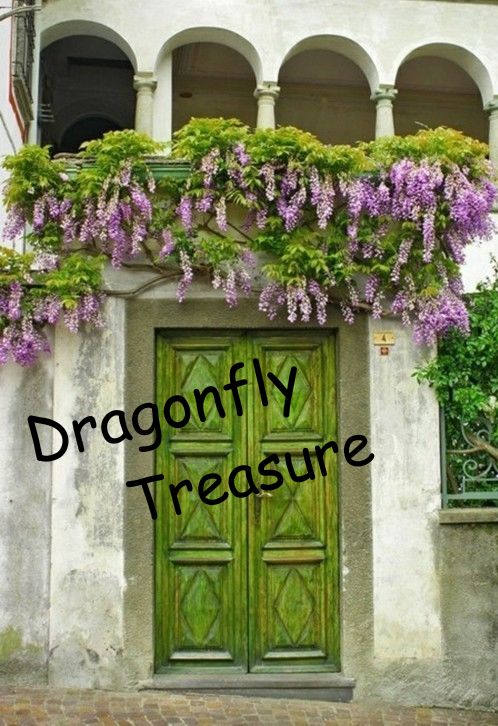
Last time I posted I mentioned I did a major clean up which included 20 years of fallen leaves that I left lay on the ground to decompose. And boy did they turn into a beautiful "Leaf Mould" leaving luscious soil underneath.
("Leaf Mould" - The matter from decomposed leaves.
It is used to improve the soil.)
("Leaf Mould" - The matter from decomposed leaves.
It is used to improve the soil.)

I remember when I was little Mom used to always buy "Leaf Mould" for "special plants" in her gardens. Why it fascinated me I have no idea. But now it brings back fond memories and I get excited when I see it in my garden "au natural".

Now I didn't throw out that lovely ''Leaf Mould'' I put in it a hole where we used to have the small Dragonfly Pond. That 'hole' has become my compost pile. Eventually I hope it will give me a fertile area to plant veggies. Prior to ridding the small pond, I would take any veggie scraps, egg shells, used coffee grounds, etc. and go dig a hole and bury them. There's not enough room in my yard for an actual compost pile/bin/etc. per se.
But the worms were happy!
My thought process was to rake all the leftover non-decomposed leaves up, to "clean up'' my gardens before this years leaves would fall. I did manage to do that and now there is a thick fresh layer that covers all that bare ground. Unfortunately I didn't accomplish it in time for the leaves to fall and cover the ground to suppress the weeds! OY, I've never had so many weeds pop up all over!

There are other reasons I leave leaves lay on the ground — they have a lot of benefit to wildlife along with your garden.

Below are some tips on how to minimize the time you spend raking and maximize the benefit to wildlife and the greater environment that fallen leaves offer. After all, there isn't anyone that rakes leaves in the woods!

Just let leaves stay where they fall. A leaf layer several inches deep is a natural thing in any area where trees naturally grow. The leaf layer is its own mini ecosystem! Many wildlife species live in or rely on the leaf layer to find food and other habitat, including salamanders, chipmunks, box turtles, toads, shrews, earthworms, many insects species.

Many butterfly and moth species overwinter as pupae in leaf litter. If you rake up and throw away all of your leaves this fall, you’ll be getting rid of these beneficial and often beautiful insects too. Remember, butterfly and moth caterpillars are a critically important food source for birds in the Spring when they are feeding their babies. If you remove of all the pupae with your leaves in the fall, there will be fewer of these insects in and around your yard in in Spring.

From a gardening perspective, fallen leaves offer a double benefit. Leaves form a natural mulch that helps suppress weeds and at the same time fertilize the soil as they break down. Why spend money on mulch and fertilizer when you can make your own?

See it's a good thing to be a ''Lazy Frugal Gardener" :)
If you must rake up your leaves, don’t throw them in the trash. Compost them! Some communities even offer curb side pick up of leaves specifically for municipal composting operations.

Avoid leaf blowers. They are loud and create noise pollution and rely on fossil fuels which pollute our air and contribute to global climate change. Use a rake instead. You’ll be able to hear the chirping of birds and other natural sounds while you’re working, plus you’ll get some good exercise!

If you just want a tidy look in your yard, you can rake leaves off the lawn but still use them as mulch in your planting beds. Put them in a big trash can and then shred them with a weed whacker to break them down into a finer textured mulch.
